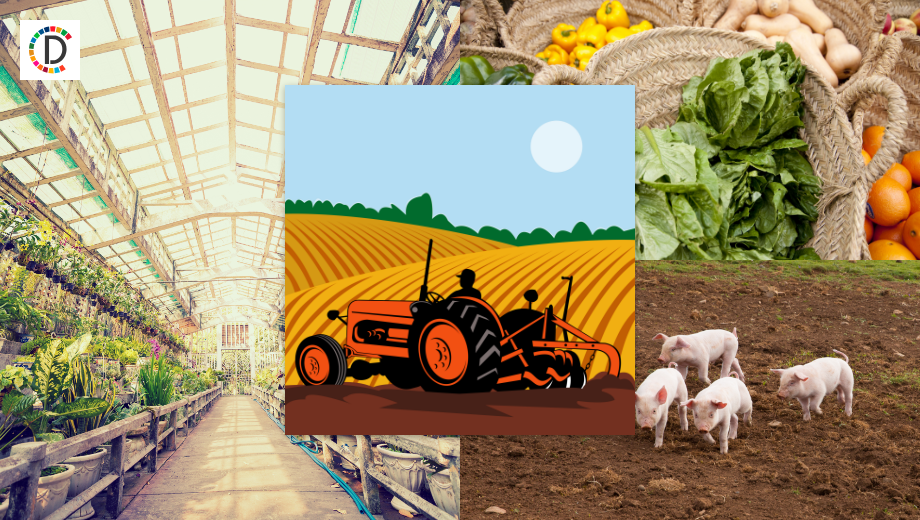Cuban start-up grows microgreens and dreams big
“We are a business, but also the motor for a local development project,” Fabre explained, as he worked inside one of two refurbished shipping containers on a vacant lot in the La Timba barrio. The business started out on Fabre’s balcony as the COVID-19 pandemic raged and traditional Cuban agriculture began a more than 50% decline through last year, according to the Communist-run government.

Every few days, in one of Havana's poorest neighborhoods, a unique start-up ships small containers of sprouting vegetable seedlings to upscale restaurants in other parts of the city, while neighbors struggle to feed their families amid the worst economic crisis in decades.
Yet architect Oliesky Fabre, the founder of Enparalelo (Parallel Roads), pointed proudly the other day to a 2022 UN World Food Programme award. It was one of 10 projects, out of 200 initiatives, deemed to have the most innovative solutions to combat hunger in Latin America and the Caribbean. "We are a business, but also the motor for a local development project," Fabre explained, as he worked inside one of two refurbished shipping containers on a vacant lot in the La Timba barrio.
The business started out on Fabre's balcony as the COVID-19 pandemic raged and traditional Cuban agriculture began a more than 50% decline through last year, according to the Communist-run government. Enparalelo now works out of the containers and is building a larger production facility nearby on land donated by the local government.
"Microgreens are high in nutrition, relatively inexpensive and easy to grow," Fabre said. Jorge Pena, in charge of the community side of the business, said that's where the second container, fitted with wheels, comes in.
"This place serves as a classroom for residents interested in becoming microgreen farmers," he said. The start-up will supply seeds and other items such as coco fiber mesh, used instead of soil, to grow the microgreens, Pena explained.
The new home-based urban growers can then sell their microgreens back to the company, but also to neighbors, and keep some for their own consumption, he said. "We have turned this container into an entity that can travel first here in La Timba, then to different communities," Pena said.
"We will inspire a new generation of producers," he said.
(This story has not been edited by Devdiscourse staff and is auto-generated from a syndicated feed.)










